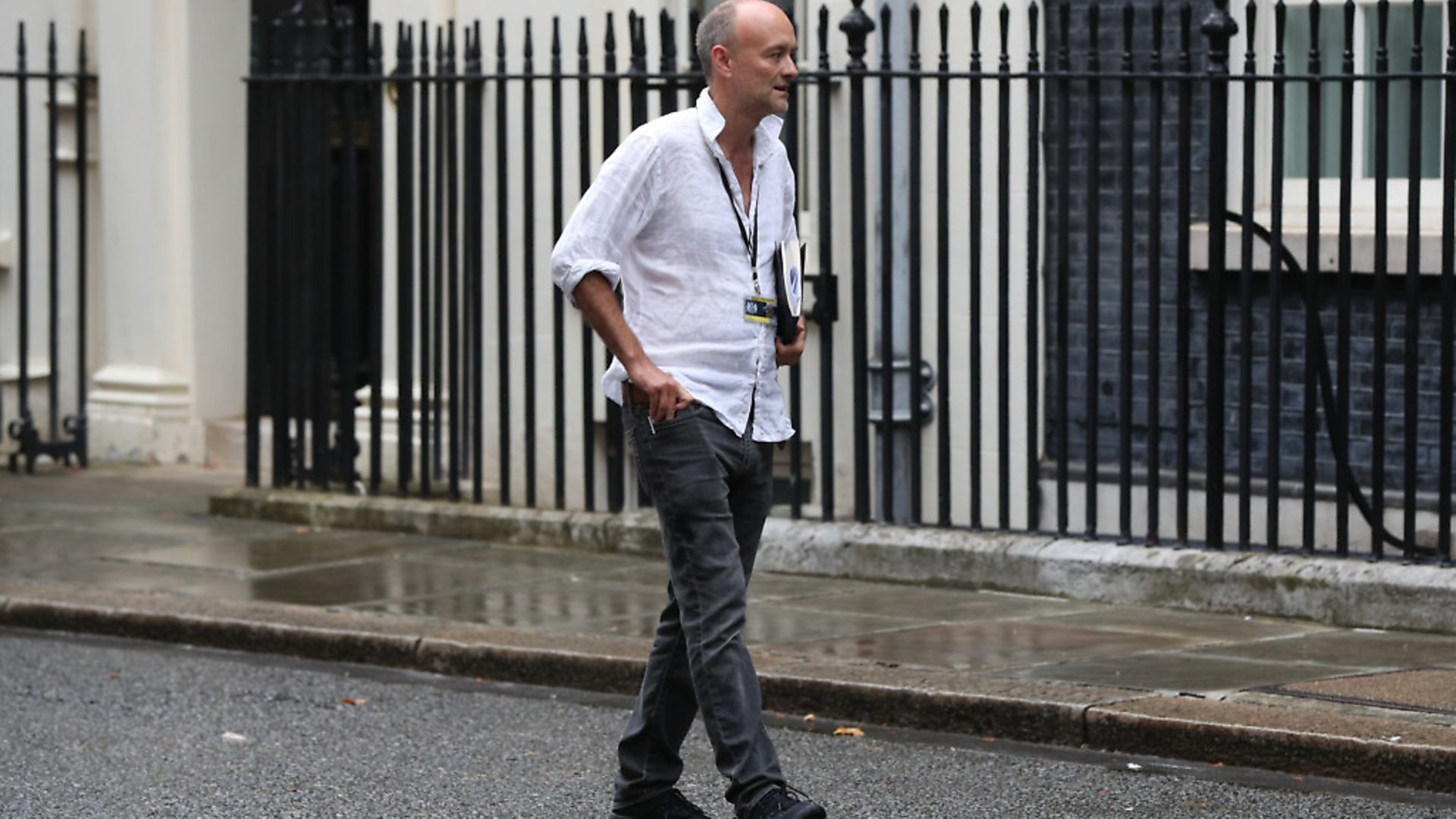
A former senior minister has said that if Boris Johnson refused to step down after losing a no-confidence vote it would create ‘the gravest constitutional crisis since the actions of Charles I led to the Civil War’.
Former foreign secretary Malcolm Rifkind issued a reminder of the historical consequences of ignoring constitutional convention in a letter to the Times, adding on Sky News that in the case of a lost no-confidence vote, Johnson must either call an immediate general election or a second referendum.
Dominic Cummings, senior adviser to the prime minister, is reported to have said that Johnson would defy such a loss and refuse to resign until after a no-deal Brexit if cross-party Remain MPs sought to bring down his government.
Rifkind’s letter pointed out that constitutional convention – but not law – states a prime minister who lost a no-confidence vote must step down. He warned of the historical consquences of ignoring such a convention. “King Charles lost his head by flouting the constitution,” he wrote. “Mr Johnson will wish to keep his, while some around him are, clearly, losing theirs.”
Speaking to Sky News, he said if Johnson wanted to pursue a no-deal Brexit, the prime minister has two solutions: “One is to call a general election by one means or another to allow the people, the electorate, to take a final decision to say whether they accept no deal; or alternatively to have a second referendum.”
He added: “What you can’t have is refuse to accept the view of parliament, refuse to consult the electorate in a meaningful way, and just say ‘well I’m going to do it anyway’.”
He said that Johnson should make his intentions clear to the public directly, and not make statements via the “unelected official” Dominic Cummings.
Cummings’ reasoning appears to be based on the Fixed-term Parliaments Act of 2010, which gives a grace period of 14 days in which a no-confidenced leader can seek enough new allies to form a government, preventing the need for a general election.
But rebel MPs may also be able to use this time to form an alternative ‘national unity’ government – with rumours swirling that Yvette Cooper, Jo Swinson, Caroline Lucas or Hilary Benn could take the helm in order to try and delay Brexit.
MORE: Anti-Brexit MPs plotting to replace Boris Johnson with ‘unity’ prime ministerResistance within the Labour Party currently seems to be frustrating ushc a plan, however.









